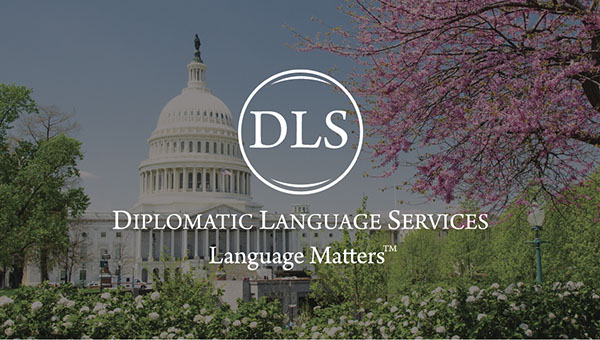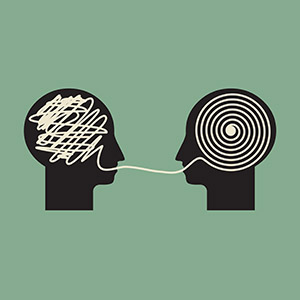Learning may start in the classroom, but it certainly doesn’t end there. Learning is a lifelong process, and educators need to prepare their students for that purpose. When learning a language, the primary focus is to add knowledge that can be practiced in real life. To do so, educators need to encourage their learners’ autonomy in the class from day one.
Educators should know that just telling students to become autonomous learners and take responsibility for their learning may not be enough. It is the instructor’s teaching methodology and more specifically the right teaching strategies that will help train their students to become lifelong learners.
Corrective Feedback
One of the influencing factors in promoting learning autonomy is a teacher’s corrective feedback strategy. Whether the teacher mainly provides explicit corrective feedback such as ‘on the spot correction’ to the student or uses an implicit correction method can affect learners’ autonomy. Many adult students learning a foreign language will ask you to correct them on the spot every time they make a mistake. They may believe that they will learn the language incorrectly and the wrong form will become part of their habit if they are not stopped and corrected the moment they make a mistake. However, they do not realize that by asking the teacher to help them with every single mistake, they are unknowingly announcing their total dependence on the teacher.
Explicit Corrective Feedback
Explicit corrective feedback on the spot can hinder the student’s critical thinking and creativity in language production as well as takes away learners’ ownership of the learning process. Therefore, students need to be trained to take responsibility for their learning; students should be provided with the tools to help themselves. While on the spot correction seems a good strategy in the short run, but enabling students to discover their mistakes and correct them is a better strategy in the long run.
Implicit correction will also help reduce the notion that the instructor is the only source of information and go-to authority for everything. There are various resources available for learners today more than ever before. Learners need to be encouraged to go out on their own and use all the resources they can to further their knowledge and understanding.
In addition to the use of a variety of implicit corrective feedback strategies, it is necessary for learners to become aware of various learning alternatives available to them for language learning. Learners can help themselves in many ways. For example, they should identify their learning styles and strategies to identify their strengths and weaknesses. They should also incorporate some strategies other successful language learners use. A reflective learner, for instance, should develop strategies that successful active learners use. There are many ways to help a student learn in the class, but every time a teacher prepares for a class they should keep in mind that the class should be used as a starting point to prepare their students for lifelong learning.




